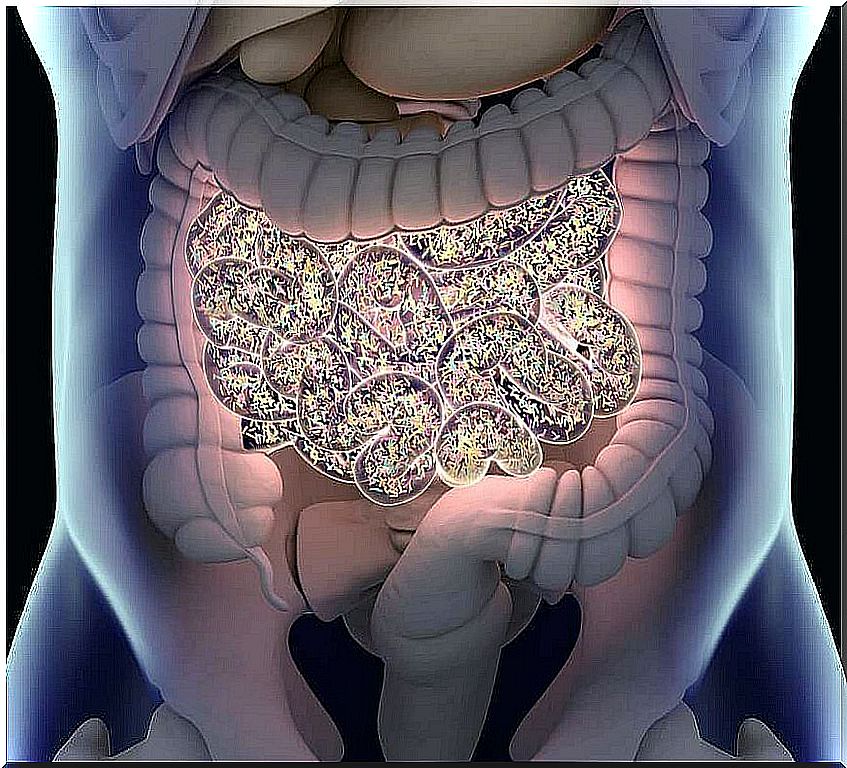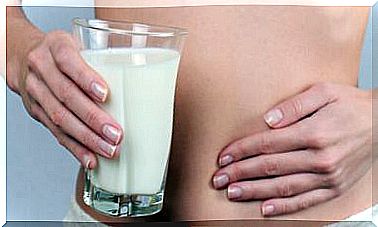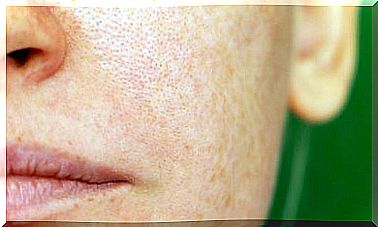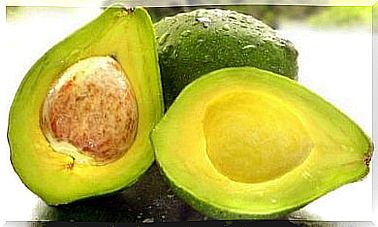The Importance Of Breast Milk In The Microbiota
The microbiota accompanies people from birth to death. The human body is a breeding ground for microorganisms, and various studies have highlighted the importance of bacteria for their proper functioning.
In general, these help protect against pathogens, facilitate the synthesis of certain vitamins and, in turn, promote the assimilation of nutrients that, by themselves, we could not digest.
Now, how do newborns obtain it? In what stages of growth does it develop? Next, we detail the most relevant aspects of the importance of breast milk in the microbiota of the newborn.
On the microbiome and the health of the organism
The microbiota is defined as the set of microorganisms that are located in a normal way in different parts of the body. These bacteria associate in colonies, according to their physiological characteristics and functionality. In addition, they grant various benefits to the living beings in which they inhabit.
Therefore, it is important to emphasize that there must be an effective vertical transmission of the microbiome from the mother to the newborn, so that it reaches the outside world prepared.

What is the importance of breast milk in the baby’s microbiota?
As shown in various scientific studies, breast milk is the best food for newborns, as it has a combination of nutrients and bioactive components that ensure proper growth in the baby. Here’s why it is so important to your development.
Probiotics and prebiotics
Breast milk contains probiotics, which are bacteria that improve the functioning of the intestinal tract, the absorption of nutrients and other functions related to the well-being of the newborn.
It is important to know that in this liquid there are also prebiotic substances, indigestible elements that favor the growth of more probiotic organisms.
Still, microorganisms such as staphylococci, streptococci, and lactobacilli are present in this milk. Scientific research shows that its joint action with other bacteria helps prevent the appearance of pathogens in the newborn and its intestinal maturation.
Response to infectious diseases
Breastfeeding also confers some resistance to disease. In particular, some of the protective elements that the mother confers on the newborn with milk are the following:
- Immunoglobulins.
- Immune cells.
- Carbohydrates
- Fatty acids.
- Minerals
- Vitamins
The joint action of the aforementioned prebiotics and probiotics, and of the listed components, promote a healthy immune system in the baby.

Where does the microbiota in breast milk come from?
For the bacteria to be transferred to the newborn, they have to get into the milk somehow. There are two theories that try to explain how these microorganisms end up in milk.
The pollution theory
Until a while ago, it was believed that bacteria in milk were due to contamination. The skin around the mammary gland is in contact with the liquid and with the newborn’s mouth, which would promote a continuous exchange of microorganisms from mother to child, and vice versa.
There are several oppositions to this idea because, first of all, many of the bacteria found in breast milk are anaerobic (they grow in conditions without oxygen), so it does not make sense that they come from the epidermis of the mother or from the mouth of the baby. boy.
In addition, the microbiota can be isolated in the colostrum before the child is born, which rules out that it is the product of the interaction between the mother and the child.
The theory of active migration
The second theory, which is gaining more and more force, postulates that there is an endogenous migration of intestinal bacteria to the mother’s mammary glands, and this is the method by which they end up in the milk and, later, in the child .
For this, these microorganisms should travel through the mother’s body. This would alert the immune system, which would engulf them as possible threats. The mechanism by which bacteria reach the mammary glands is not yet known, but it is a subject under continuous study.
The importance of breast milk
For all these reasons, the World Health Organization (WHO) considers that it is most desirable that breastfeeding be the only source of food for the infant during its first six months of age.
As we have seen, this liquid presents microorganisms not only beneficial for the newborn’s intestinal tract, but also for a general strengthening of the immune system.









